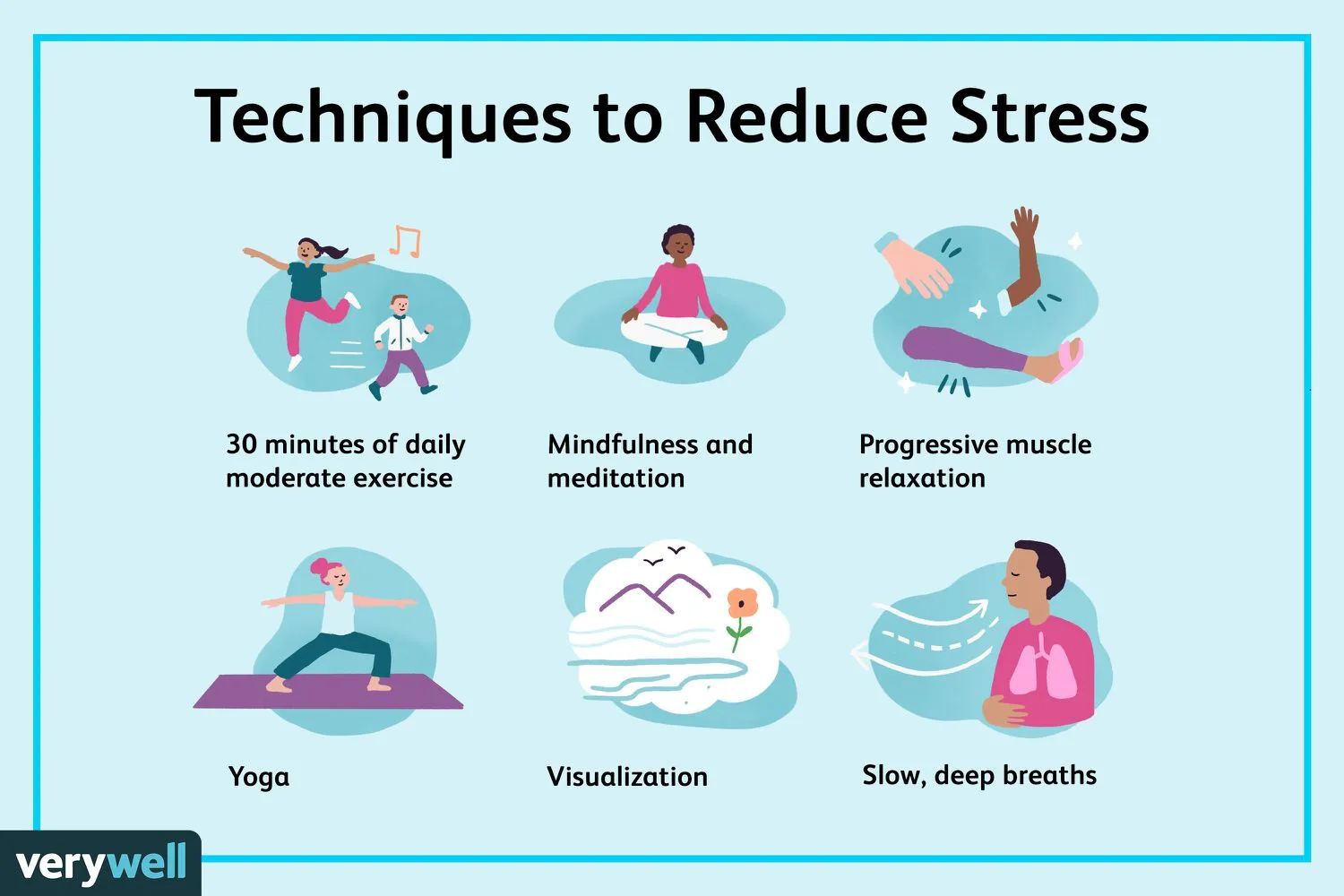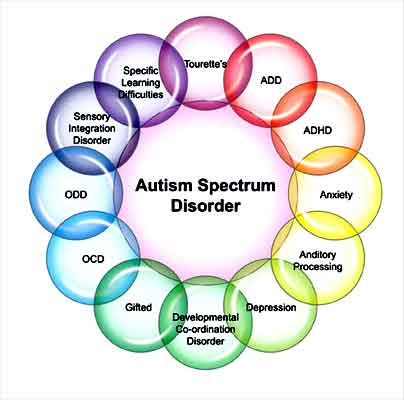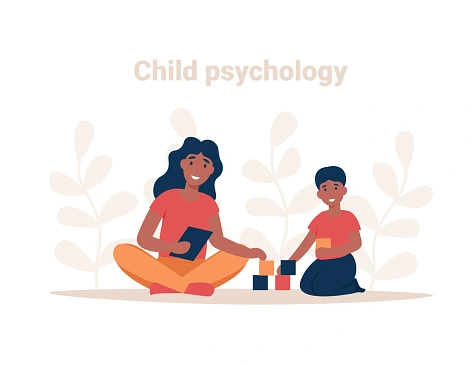The Psychology of Nudity: Nudity is not just the absence of clothing – it is a psychological state, a cultural construct, and a deeply human experience. Whether in art, media, relationships, or dreams, the human body without covering evokes powerful responses: shame, freedom, confidence, fear, or intimacy. The psychology of nudity invites us to explore what it means to be seen physically and emotionally, and how this exposure affects our sense of self and our connection to others.
The Psychology of Nudity and the Human Condition
At its core, nudity is a symbol of vulnerability. From the moment we are born, nudity represents openness and dependence. As we grow and develop social awareness, we begin to associate nudity with privacy, modesty, and often the taboo.
Psychologically, being naked means being exposed – not just from the physical element, but also from social judgment. This perceived exposure can trigger a variety of emotions rooted in our upbringing, culture, gender, and personal experiences.
The Roots of Shame and Modesty
Feelings of shame surrounding nudity are not innate—they are learned. Many psychologists trace these emotions back to early childhood, when caregivers begin teaching us about “appropriate” behavior and the concept of body privacy.

Cultural and religious values play a significant role. In many societies, nudity is associated with sin, sexuality, or immorality, while in others, it is seen as natural or even sacred. These beliefs become ingrained in our subconscious, shaping how we view our own and others’ bodies.
Notably, Sigmund Freud and later Carl Jung viewed nudity in dreams as a symbol of fear, insecurity, or authenticity. Being naked in dreams often represents the fear of being judged, the fear of being “exposed” in non-physical ways.
Nudity and Body Image
Modern psychology has shed light on the strong link between nudity and body image. In a society dominated by idealized standards of beauty, the naked body can be a source of anxiety or self-loathing. We internalize unrealistic comparisons, which many fear being seen by ourselves.
However, therapeutic practices such as mirror exposure therapy or body-positive nudity practice can help individuals confront and reframe their perceptions. Standing naked in front of a mirror and practicing self-acceptance can reduce shame over time and improve self-esteem.

Nudity in Relationships: Intimacy and Trust
In romantic and sexual relationships, nudity plays a central role in building intimacy. Being naked with another person requires trust, consent, and emotional security. Psychologically, it signals a willingness to be vulnerable and accept the vulnerability of the other in return.
But the psychological impact of nudity is not limited to sexual contexts. In platonic or therapeutic settings, such as nudist communities or certain types of somatic therapy, nudity can be used to break down hierarchies, promote equality, and promote healing.
Nudity as Empowerment
While some view nudity as a form of expression, others view it as empowering. For many, reclaiming control over their own nudity—through nude art, naturism, or simply choosing to be seen—can be an act of defiance against shame and objectification.
Psychologist Brene Brown famously said, “Vulnerability is the birthplace of courage.” In this sense, nudity can be a fundamental act of courage—not for the attention it attracts, but for the fear it conquers.
The Double-Edged Sword of Social Media
In the digital age, nudity is more visible—and more policed—than ever. Social media has created new spaces for the expression of the body, but also for judgment, censorship, and objectification. The psychological impact can be complex: While some use online platforms to express body confidence, others suffer heightened anxiety and comparison.
This highlights the importance of purpose and context – whether nudity is shared as a means of self-expression, connection or validation.
Nudity, in its deepest psychological sense, is not just about taking off our clothes – it is about shedding layers of fear, embracing vulnerability and accepting ourselves and others without masks
Understanding the psychology of nudity means understanding a core part of what makes us human: the desire to be seen, accepted and loved as we are. In a world where armor is often required, choosing vulnerability – in any form – can be one of the most powerful statements we can make.
Read Also: A History of Nudity in Fashion: From Runway to Everyday Life
![]()





